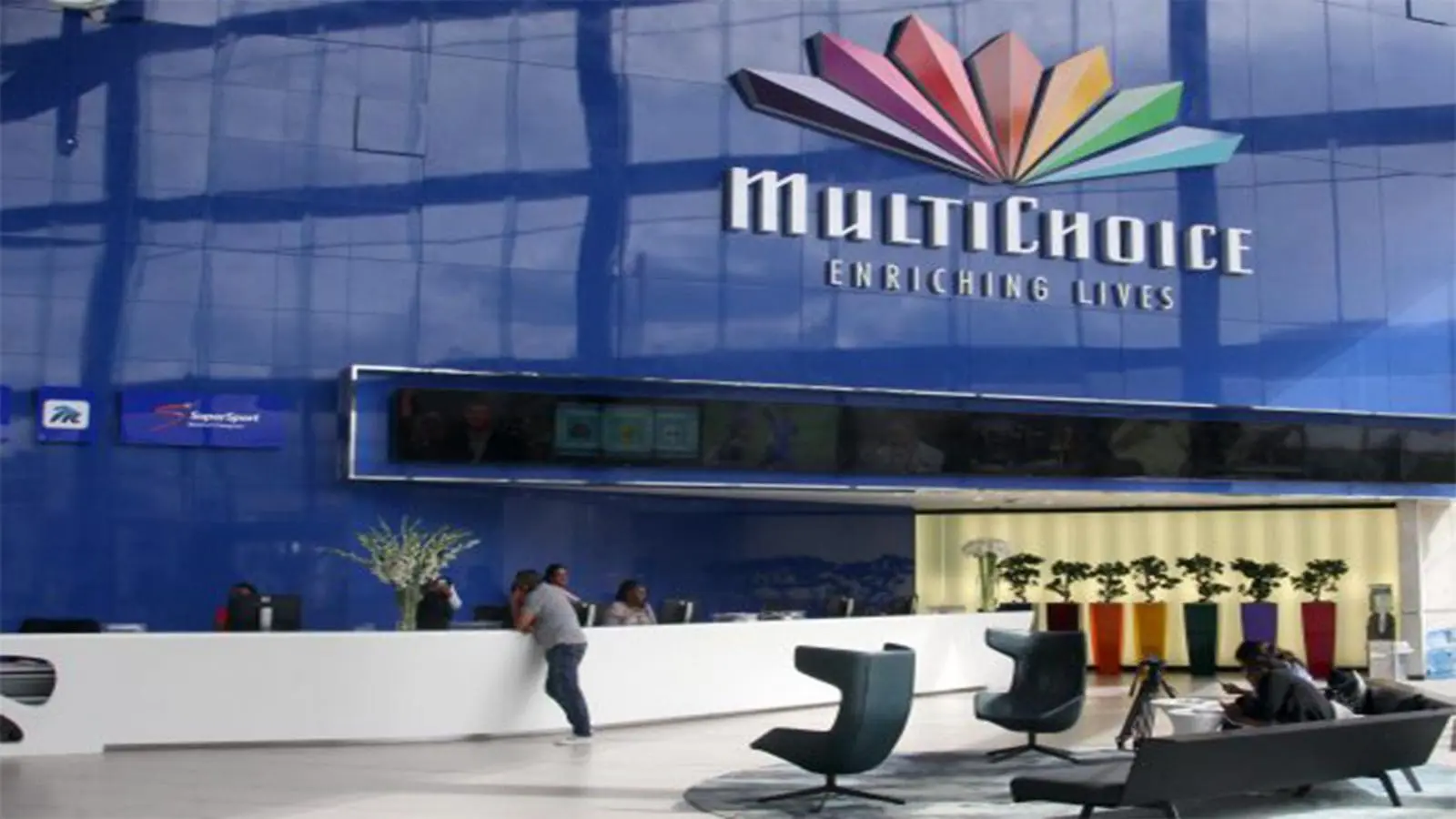Does your medical aid provide sufficient inpatient days and medically supervised detox coverage for effective drug and alcohol treatment?
Inpatient Addiction Treatment Covered By Medical Aid

Multi-Choice Medical Aid covers its members for up to 21 days of inpatient drug and alcohol treatment per year, including a 3-day medically supervised detoxification. This coverage can be a lifeline for those struggling with substance use disorders, and its comprehensive benefits cover their members.
Understanding the specifics of your medical aid plan is crucial when deciding on seeking a facility for drug and alcohol treatment; knowing your benefits, limitations, and exclusions will empower you in making an informed decision.
At Changes Addiction Rehab, we have partnered with Multi-Choice to ensure their members get the quality treatment they need for their substance use disorders.
Overview Of Multi-Choice Medical Aid
The healthcare provider is committed to making healthcare affordable and accessible to its members. To cater to diverse needs, it offers a range of plans with differing premiums and coverage options.
The scheme covers inpatient rehab treatment stays and certain outpatient program services; the extent to which multi-choice medical aid is covered will depend on the member’s chosen plan.
Multi-Choice works with numerous network providers to ensure its members have various quality treatment options.
 Eligibility Criteria For Coverage
Eligibility Criteria For Coverage
The medical aid scheme has established specific criteria for its members to receive coverage for drug and alcohol treatment.
Membership Verification
Members must have an active plan and a good standing policy, as well as up-to-date premium payments, to receive coverage for drug and alcohol treatment.
New members may face a waiting period before they can access their drug and alcohol treatment benefits. This typically ranges between 3-12 months, depending on the plan.
Multi-Choice Medical Aid requires its members to choose facilities on its Designated Service Providers list (DSPs) to ensure they maximise their benefits. Members who select out-of-network facilities will.
Extent Of Coverage For Drug And Alcohol Treatment
Multi-Choice Medical Aids provides addiction treatment coverage for its members. The coverage varies depending on the plan type; however, all plans cover substance abuse treatment, which falls under the prescribed minimum benefits (PMBs).
Inpatient Rehab Coverage
Typical coverage includes the majority of the costs of inpatient drug and alcohol treatment; this consists of the stay at the facility, the meals, the detoxification, individual counselling and group therapy sessions.
Drug and alcohol rehab facilities are the most highly structured environments where individuals receive intensive treatment for their substance use disorders.
At Changes Addiction Rehab, we have a highly skilled multi-disciplinary team that addresses our patient’s addictions in a biopsychosocial approach with tailored programs that focus on their individual needs.
Outpatient Program Services
The outpatient program is designed to assist individuals who need to attend to responsibilities while still needing to attend drug and alcohol treatment.
The scheme does not cover the entire outpatient program; however, members can claim for specific services offered, including individual counselling and group therapy sessions.

Exclusions And Limitaitons
Multi-Choice has specific exclusions and limitations that members should know.
Treatment Modalities Exclusions
Therapies that are classified as alternative are not covered; they include:
- Yoga Therapy
- Art Therapy
- Music Therapy
Additionally, the scheme does not cover secondary treatment and halfway housing, and members will be liable to pay out-of-pocket should they seek these services.
Benefit-Caps And Co-Payments
Like all medical aid providers, the scheme is subjected to benefit caps.
Members may be liable to a co-payment upon admission to a drug and alcohol treatment facility; the exact amount will vary. The higher-tier plans are more generous with their coverage, resulting in a lesser co-payment.

Admissions Process in Drug And Alcohol Treatment
Admission into inpatient drug rehab through Multi-Choice Medical Aid is simple; they have outlined guidelines to be followed to be approved for coverage.
At Changes Addiction Rehab, we do this procedure on your behalf to ensure that admission into our facility is as efficient and stress-free as possible. With your permission, we will phone them and provide them with our facility’s practice numbers, your ICD-10 codes and any relevant documentation; this process takes less than 10 minutes.
Conclusion
Multi-Choice Medical Aid provides coverage for up to 21 days for drug and alcohol treatment, including a 3-day medically supervised detoxification; each plan offered by Multi-Choice covers addiction treatment as it aligns with the prescribed minimum benefits (PMBs).
Certain benefits, limitations, and exclusions apply to all plans offered; however, Multi-Choice guarantees its members comprehensive coverage for drug and alcohol treatment.
At Changes Addiction Rehab, we value the well-being and safety of our patients, ensuring they receive the best possible treatment for their substance use disorders. Call us today to start your pre-authorisation.
Does Multi-Choice Cover Drug And Alcohol Treatment More Than Once Per Year?
No, the scheme only covers substance abuse treatment once per year.
Are Individual Counselling And Group Therapy Sessions Covered By?
Yes, however, the extent of coverage will depend on the plan chosen by the member.
Can I Claim For Secondary Rehab Treatment Through My Medical Aid?
No, secondary treatment facilities are not covered, and members will be liable to pay private fees.
If You Need More Information About Medical Aid Coverage For Addiction Treatment Click On The Following Links:
Does Multi-Choice cover inpatient addiction treatment and detox?
Yes. Multi-Choice benefits typically include in-hospital rehabilitation for substance use disorders under PMB rules, with cover subject to plan limits and pre-authorisation.
How many days are usually covered?
Schemes commonly fund up to 21 days of inpatient rehabilitation per year, with up to 3 days for medical detoxification, depending on your plan rules.
Are outpatient or aftercare services covered?
Generally, outpatient counselling and therapy are limited or excluded unless specifically included in your plan. Check your option’s benefits and any designated provider requirements.
What is required for pre-authorisation?
Pre-authorisation is required. We’ll submit the practice numbers and ICD-10 codes and coordinate admission dates with the scheme for approval.






